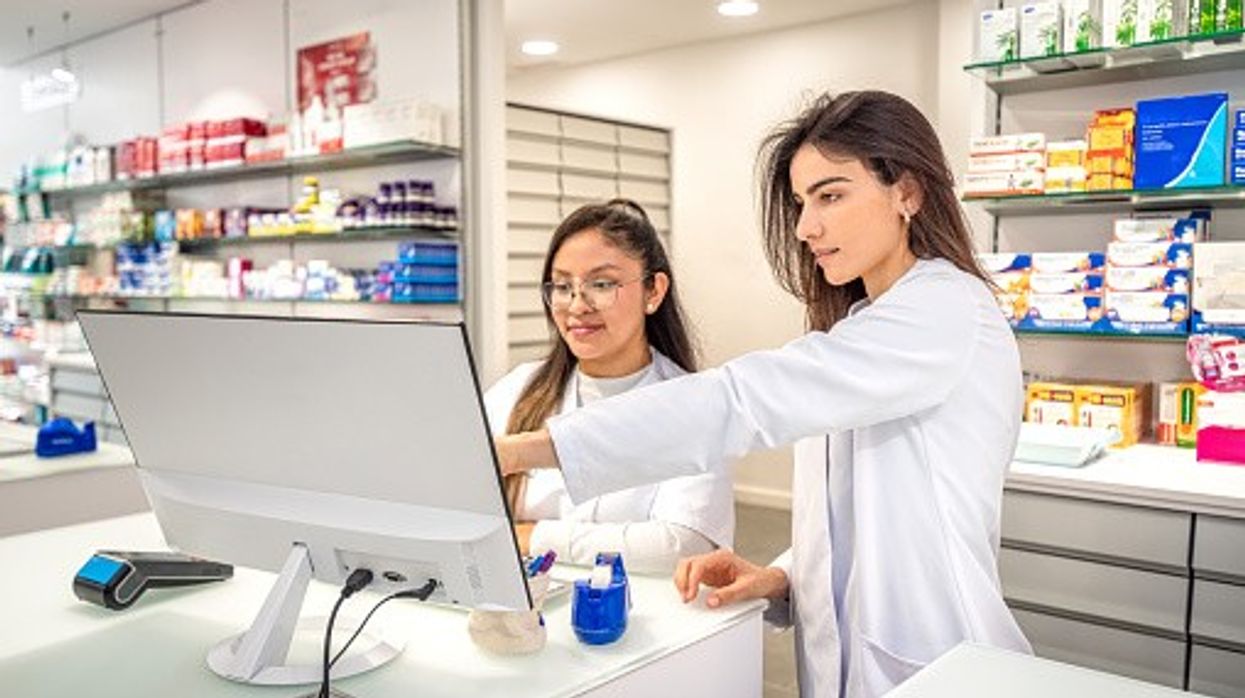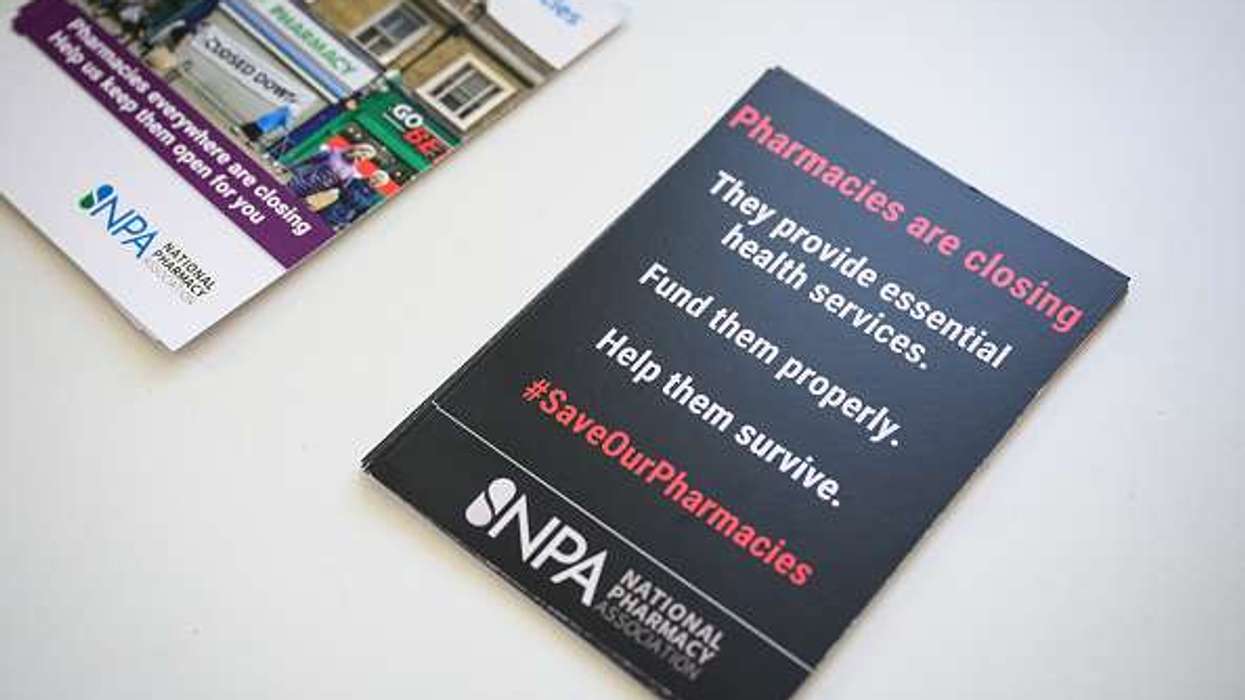The roles of pharmacy technicians are being expanded to utilise their skills and knowledge more effectively
Community Pharmacy England (CPE) is encouraging pharmacy technicians working in community pharmacies to enhance their skills and broaden their roles by applying for the community pharmacy technician: advancing your role learning programme.
Interested individuals are informed that fully funded places are still available for this innovative learning initiative, offered by the Centre for Pharmacy Postgraduate Education (CPPE) and developed in collaboration with the Pharmacy Integration Programme at NHS England.
This programme is designed to develop the knowledge, clinical skills and behaviours of pharmacy technicians to increase patient access to clinical services by widening the skill mix in community pharmacy teams.
In a video, Liz Fidler, senior professional advisor pharmacy technician practice, explains the need for this programme by emphasising the evolving landscape of post-registration education opportunities for pharmacy technicians.
She says: “The roles of pharmacy technicians as regulated, autonomous healthcare professionals are being expanded to reflect utilising their skills and knowledge more effectively.
“The introduction of pharmacists joining the register in 2026 as independent prescribers means we have an opportunity to ensure that we are enabling all members of the pharmacy team to provide optimum services.”
Key policy enablers, such as the DHSC, proposed the addition of pharmacy technicians to the list of healthcare professionals able to supply and/or administer medicines or medicinal products via Patient Group Directions (PGDs).
She welcomes the inclusion of pharmacy technician post-registration roles in the delivery plan for recovering access to primary care, stating that it provides “a blueprint and role narrative recognising the contribution another registered profession in pharmacy can add.”
Fidler notes that this programme offers “an exciting opportunity” for the profession to utilise and build on their skills and knowledge, providing access to education, opportunities to contribute to delivering clinical services.
“Robust education that underpins building on pre-registration in initial education and training is critical to support the competent and confident in delivering services,” she adds.
Open to pharmacy technicians working in community pharmacy or the health and justice sector, the CPPE programme includes:
- A self-directed e-course with six modules
- A Learning Needs Analysis (LNA) and an initial meeting with an education supervisor to create an action plan
- A face-to-face clinical assessment skills workshop
- Practical workplace application of clinical assessment skills
- A two-hour online workshop for reflective practice
- Optional peer support sessions to build professional networks
- Approximately 4-6 hours of learning per week
Interested community pharmacy technicians can apply here.













